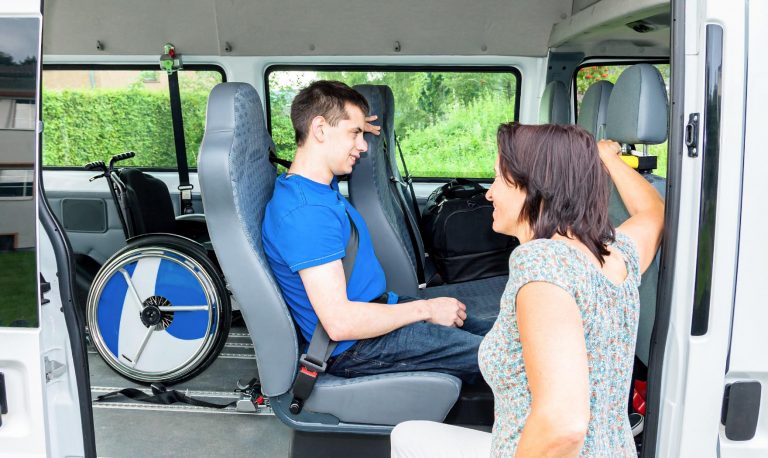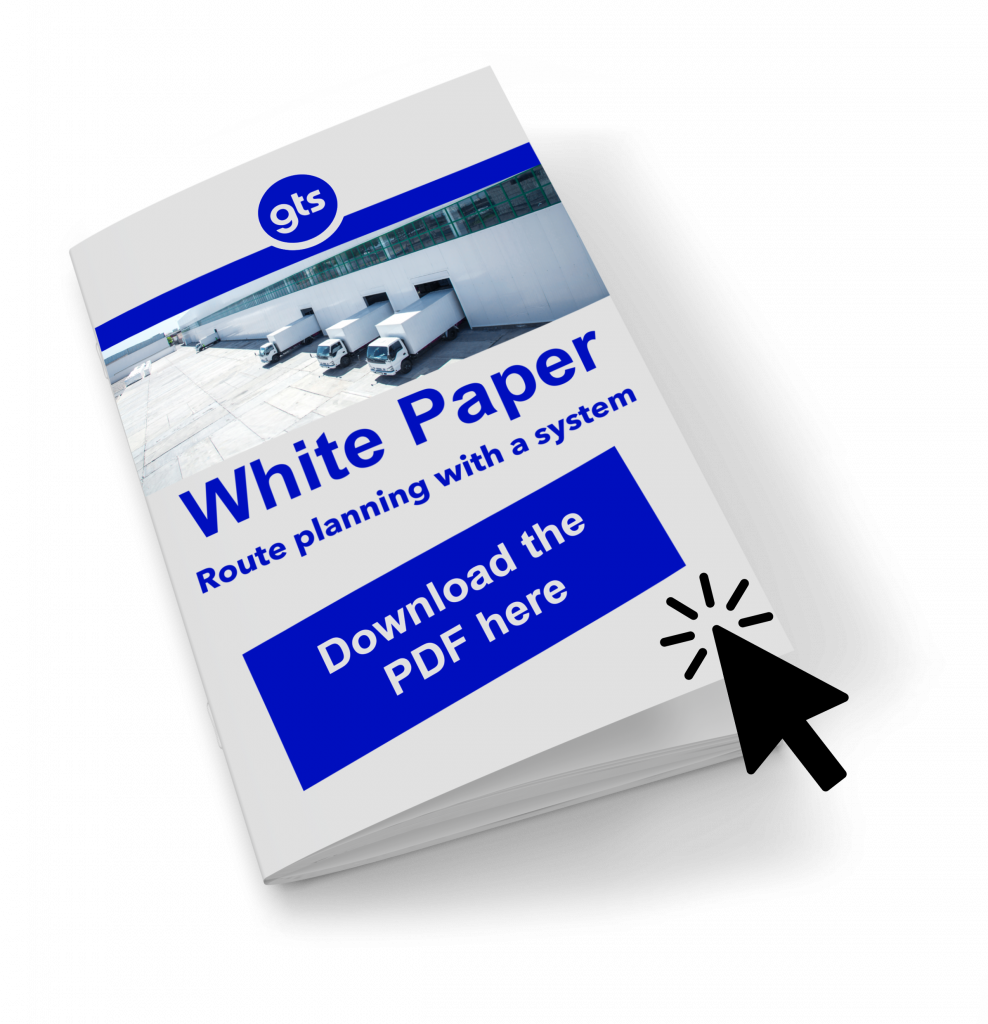
Thanks to social inclusion, people with disabilities, illnesses or restricted mobility can participate in social life more than ever. Mobility is one of the basic requirements for participation. Since many people with disabilities cannot take part in car traffic or local public transport, they are dependent on the transport of people by charitable institutions or specialized bus companies that can provide this sensitive type of transport with all their requirements.
In addition to the technical requirements, such as equipping with ramps and rails for wheelchairs or special seat belts, the human aspect is the top priority for the transport company. It is important to respond to the needs of the passengers and, if necessary, to plan more time than usual. This is another reason why the transport companies provide escorts who, for example, help with boarding and alighting, but can also intervene in critical situations. Be it in the case of uncontrolled actions and unforeseen delays. The drivers and accompanying persons play such an important role that when the staff changes, it can sometimes be critical if the familiar person does not greet the passenger on the bus in the morning.
If you want to bring these technical and social factors under one roof and at the same time as a company plan efficiently, you need route planning software that takes these specific criteria into account. This is exactly what the software developers at gts have specialized in and dealt intensively with the industry and its requirements. As a result of this specialization, more and more companies in the passenger transport industry are also using the route planning software TransIT.
The planning tool is used both for tactical route optimization and thus for the creation of timetables for trips to schools, integrative daycare centers or workshops for the disabled as well as for the daily scheduling of people transport to hospitals, care and rehabilitation facilities.
Planning tool enables high flexibility
The special route planning functions in passenger transport include the consideration of different boarding times for wheelchair users, specified pick-up times or different destination and start facilities. A particularly important aspect when transporting people with physical or mental disabilities is also taking into account the maximum transport time per passenger. TransIT can do this too.
Whether a child in a wheelchair on the way to school or a person in need of care who has to go to a rehabilitation and doctor's appointment at fixed arrival times, TransIT can take these parameters into account individually and create a suitable tour. Even with short-term changes, such as doctor's appointments, absence from school, relocation or vacation, the tour optimization software reacts flexibly and easily adjusts the tour.
"We develop special software solutions for the requirements of passenger transport companies."
Dirk Tost
Sales
Calculation tool ensures more efficiency
TransIT supports the dispatchers not only with route planning and optimization, but also with data preparation, billing, statistics, cost control and reporting. With the more targeted use of drivers and vehicles, companies can save a considerable amount of time compared to manual route planning. In doing so, gts works with the dispatchers and planners in the passenger transport companies to develop economic concepts.
A large number of transport companies and charitable institutions, such as BerlinMobil, Johanniter Bremen, Disabled Services Main-Kinzig, Vitus Foundation, Rehabilitation Clinic at the Sendesaal Bremen, Lebenshilfe Gießen, BMW works bus transport, Lebenshilfe Nordhorn, Trabacho, curative educational aid Bersenbrück, transport service Jessica and DRK Wolfenbüttel are among the customers.
BerlinMobil transports 4,000 passengers a day with TransIT
When looking for route planning software that would take into account the specific requirements of the transport of the disabled, the BerlinMobil bus company chose TransIT. BerlinMobil transports around 4,000 passengers across Berlin every day. “The route planning software can, for example, differentiate between the parameters 'wheelchair users' and 'non-wheelchair users' and their capacity requirements in the vehicle when scheduling tours. Most software offerings cannot map this. The time factor - one of the most important criteria in transporting the disabled - can also be precisely controlled with TransIT. The use of Google Maps would be absolutely unrealistic here, as it cannot plan the required times, ”explains Christian Günzel, departmental planner for school and handicapped transport at BerlinMobil. You can find out more here: Route planning for BerlinMobil.
Johanniter Bremen transport around 400 people a day with TransIT
“With TransIT we were able to minimize the workload. The software offers both dispatchers and drivers great time savings and makes daily work easier, ”explains Claus Hartmann, Group Leader Driving Service at Johanniter-Unfall-Hilfe e. V. Bremen branch. The dispatchers use TransIT for the pre-planning and optimization of tours. In addition, the software supports the weekly rough planning and daily updates. The interface integration to the TomTom telematics system via navigation devices and smartphones at Johannitern Bremen is also running smoothly. The drivers are informed about planned tours and promptly notified of changes. Find out more here: Route planning for Johanniter Bremen.




